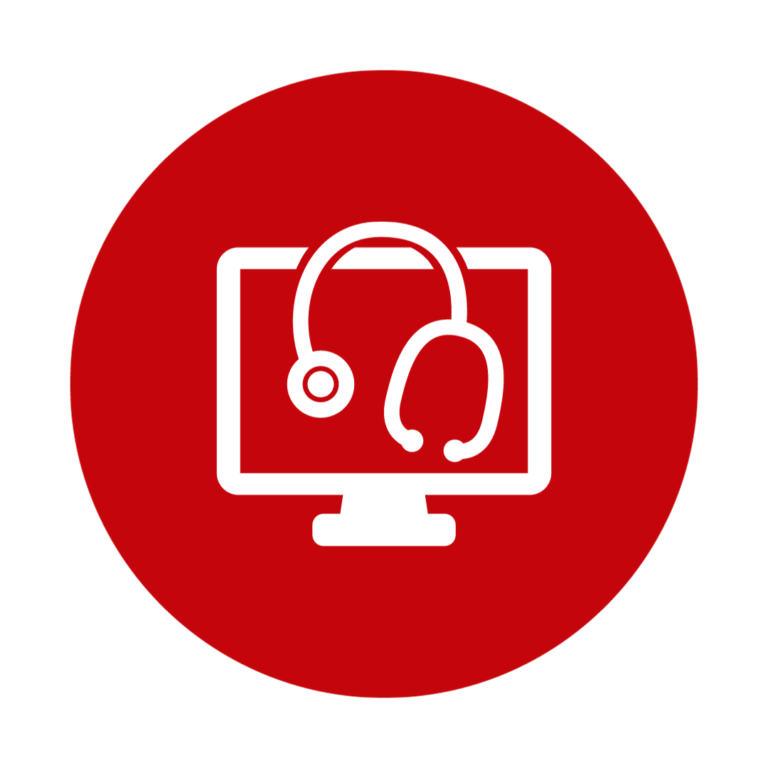As a UW-Madison student, you have full access to CPHA’s resources for as long as you need them — even after you graduate. Whether you want to talk with an advisor 1:1, prefer to explore curated online modules independently, have some time between classes to check out @uwprehealthcenter on Instagram, or are excited to hear from a current healthcare professional during a special event – CPHA is here for you.
Explore below some of the advising resources tailored to every stage of preparing for a career in healthcare.
CPHA is one of many career resources available at UW-Madison, including the Career Exploration Center and career services at your school or college. Visit careers.wisc.edu to explore additional career resources on campus.
CPHA Advising
First Year Advising
We advise Badgers from your first day on campus, with specialized support for first-year students. Everyone’s path to a healthcare career looks different. Alongside your academic advisor and other important resources, CPHA is here to support you along the way!
Applicant Advising
If you are a UW-Madison student or alumni applying to a health professions program, the Center for Pre-Health Advising has several specialized resources to support you. Explore resources and tools available for applicants!
Second Year & Up Advising
Whether your first year was at UW-Madison or another college, second year students & up have additional advising opportunities. As you move through your educational journey, we will be here to help you continue to build your knowledge of healthcare career paths, explore ways to gain experience in healthcare settings, and plan for pre-requisites.
Prospective Students
We’re excited you’re considering UW-Madison for your college career! Pre-Health advisors in CPHA look forward to working with you 1:1 after you’ve attended SOAR (transfer students) or start your UW-Madison coursework (first-year students). Between now and then, explore these curated resources and the rest of our in-depth online resources.
Alumni Advising
As a UW-Madison alum, you have access to all the advising services the Center for Pre-Health Advising offers for as long as you need them!
Additional Resources for International Students
As a UW-Madison student, you have access to all CPHA resources. There are also some additional resources that may be useful to you as an international Pre-Health student. Reach out to us with any questions along the way!

Advising through Canvas Courses
In addition to one-on-one advising, CPHA runs several self-paced Canvas courses. These are free, non-credit courses that serve as resource libraries for pre-health students.
If you are a first year student or healthcare is a new interest, begin by signing up for Pre-Health 101, our free, online orientation. It provides an overview of pre-health classes, activities, application timelines, and more.
If you plan to apply to a health professions program in the next year or two, enroll in our “Applying to Programs” Canvas course! In this course, you’ll learn about the application process, getting organized, writing essays, preparing for professional exams, school selection, interviews, and more.
Looking for advice on dropping coursework and potential impact on your applications? See DRs and Pre-Professional Students for guidance.
Advising & Confidentiality
We are here to support you in reaching your goals, including navigating academic or personal challenges as they relate to pursuing professional programs after graduation. Our advisors are able to keep most conversations private in accordance with FERPA. FERPA is a federal law that protects student information. We cannot share private or withheld student information with others, including other students or their parents or guardians, without first obtaining the student’s written consent, even if the student is a minor. Written consent must: 1) specify the records to be released; 2) identify the party or class of parties to whom the records should be released; and 3) indicate the reason for release. If you would like your parent to attend an advising meeting, please submit a FERPA release form for written consent via email.
However, sometimes information disclosed during advising or in personal statements requires us to communicate with other support offices on campus (such as the Dean of Students or the Title IX Coordinator). Due to various federal, state, and UW policies, we are not a Confidential Campus Resource when it comes to incidents such as sexual harassment, sexual assault, dating/domestic violence, stalking, or sexual discrimination.
Two examples of Confidential Campus Resources are University Health Services and the McBurney Disability Resource Center. To learn more about efforts related to campus safety and expectations of faculty and staff, please speak with your advisors or visit the Title IX information page and Clery Act information page.
The goal of communication is to ensure a safe and healthy campus community, and to ensure that students receive the information they personally need to be safe and healthy. However, we understand that you may have questions or concerns about these policies. Please do not hesitate to bring these up with your advisor.





